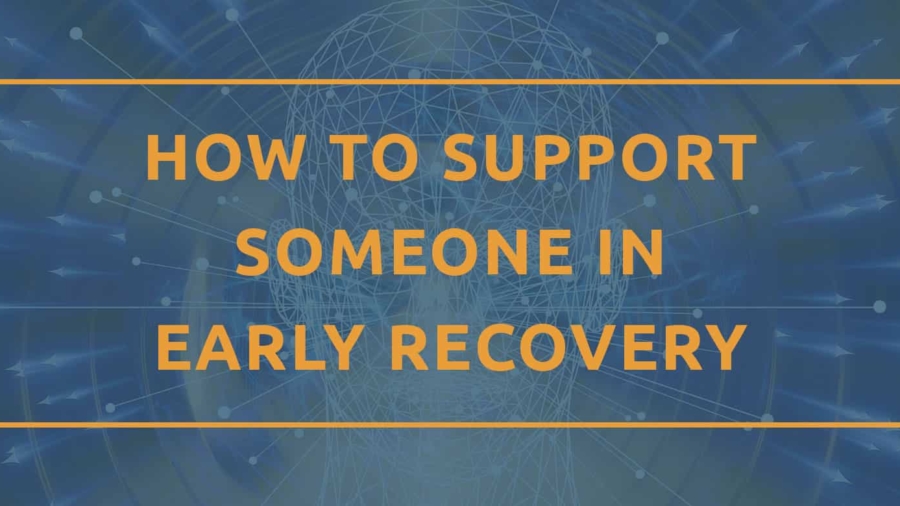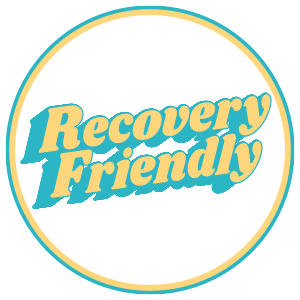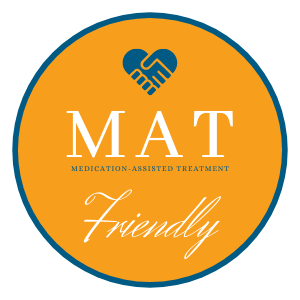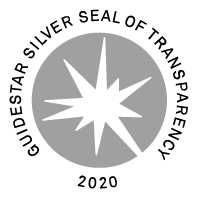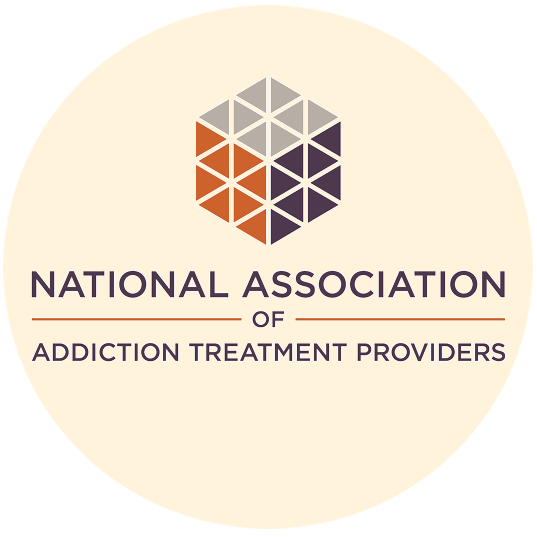How To Support Someone In Early Recovery
What I meant to say was…
You may be familiar with a joke that goes something like this:
A young man is having dinner with his family. As serving dishes are passed around the table, the son blurts out, “You ruined my life!,” then stares down at his plate. After an awkward silence, he clears his throat and explains, “What I meant to say was, ‘Please pass the salt.’”
This joke is used to illustrate a classic Freudian slip. Early recovery is full of slips like these as families try to navigate what has been a long and rocky ride. Common missteps include “You’re the reason I’m this way” or “your father and I are tired of wasting money on you” or “if you really loved me, you’d…” (hint: nothing useful comes from completing that sentence).
The problem with Freudian slips is they tend to generate a lot of shame. This painful emotion is different from guilt, which reflects remorse for actions taken. Guilt can be productive and inspire us to change our behavior. Shame, on the other hand, implies a flaw in character and shuts down possibilities for growth. Shame can also perpetuate the cycle of addiction.
If you’ve been slipping up, it’s important to acknowledge what you are feeling. You may benefit from working with a therapist who can help you establish healthy boundaries and focus on your own recovery. In the meantime, here are a few ways to change the conversation.
You’re the reason I’m this way.
Blame and shame often walk hand in hand. This Freudian slip invites both to the party with disastrous results. A more supportive approach is to acknowledge your simultaneous interdependence and individual responsibilities. This might sound like,
“I didn’t know how to support you or myself when you were using substances. There are times I may not have been helpful. I’m educating myself about addiction and how it has impacted me. I’m grateful you are doing this work too. I’m hopeful that we’ll develop a stronger and more healthy relationship as a result.”
I’m tired of wasting money on you.
This slip has lots of variations, but most of them put the blame on the person in recovery. If our loved one were suffering from unmanaged diabetes, heart disease, or another chronic disease, we might be more sympathetic. We might help with medical bills—or not—depending on our financial capacity and the capacity of our loved one. If you are helping to pay for treatment, recognize this is a choice you are making. Don’t hold it against your family member. You can still be honest about the limits of your support. This conversation might sound like,
“I know you are struggling right now; that’s why I’m helping pay for treatment. My resources are limited, however, so I hope you will make the most of this program. How else can I support your recovery?”
“If you really loved me…”
Let’s be clear, addiction isn’t about how much we love someone. It’s about unhealed trauma, stress, genetics, and biochemistry. Even when a loved one commits themselves to recovery, healing and learning new coping skills takes time. When talking about love and addiction in the same sentence, a more helpful approach is to “let go with love.” This might sound something like,
“Because I love you, I’m not going to loan you more money. I know you are in a safe place right now, and you have what you need to recover. If there are other ways I can support you, please let me know.”
As you focus on your own recovery, you will find that what you meant to say and what you actually say are one and the same.
Support is available for families participating in Next Step Recovery’s intensive outpatient and transitional living programs for men. For more information contact susan@nextsteprecovery.com or 828.761.0722.


